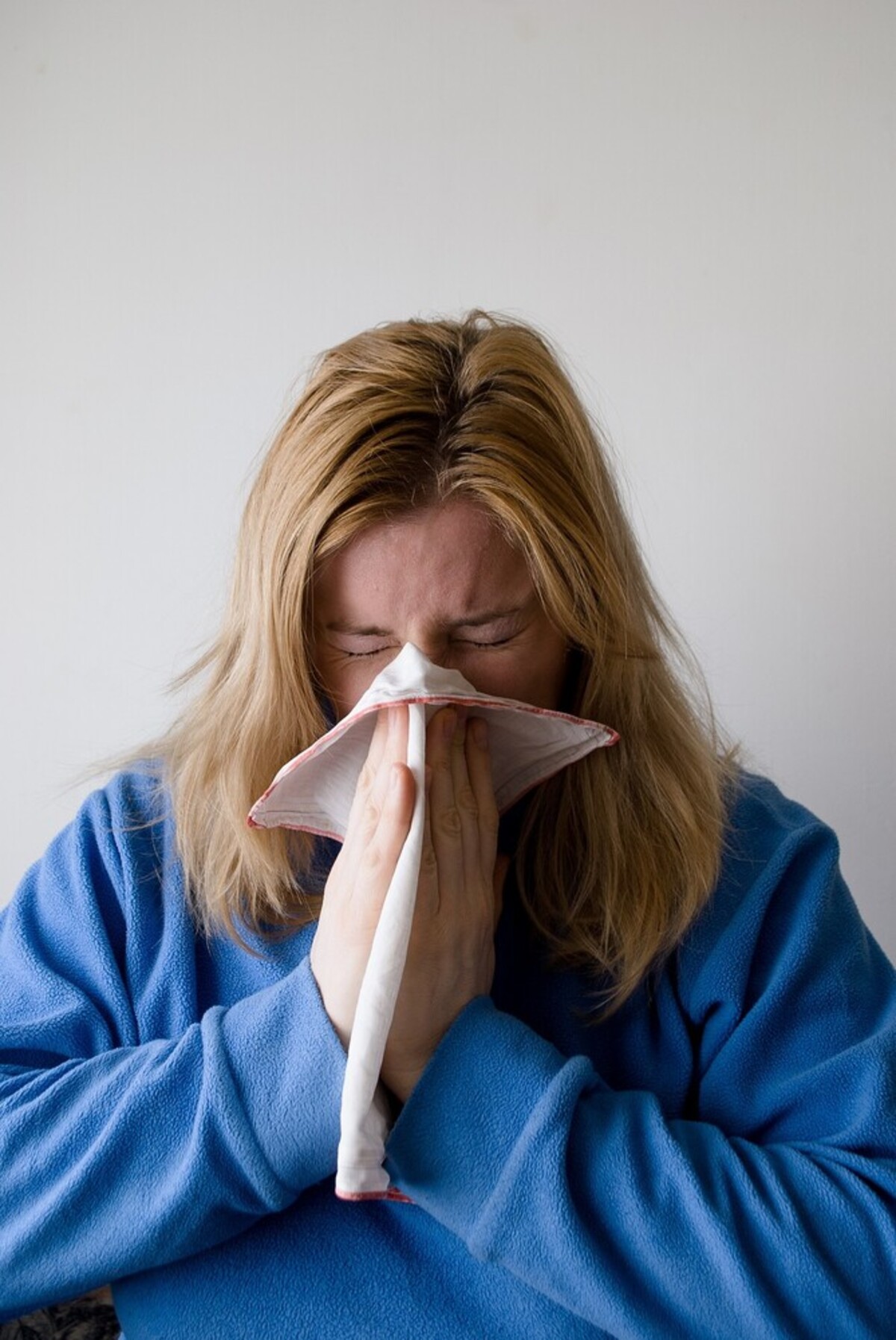 Ozempic can cause vision loss. A new study has shown a link between the drug and eye problems
Ozempic can cause vision loss. A new study has shown a link between the drug and eye problems
Ozempic can cause vision loss. A new study has shown a link between the drug and eye problems
Ozempic can cause vision loss. A new study has shown a link between the drug and eye problems
Should We Wear Masks Again? Scientists Explained Why There Are So Many Sick People In Winter And What Protects Us From Viruses
It is the first quantitative and biologically plausible explanation ever.
If problems persis, please contact administrator.
With the arrival of the winter months, GP surgeries are filled with patients with fevers and coughs. This is partly because we tend to spend more time indoors with other people in the winter. Previous research has suggested that cold weather is also a factor.
Scientists have now revealed how the immune system in our noses 'attacks' viral invaders and how this ability is affected by colder temperatures.
"We have never found a convincing reason why viral infectivity increases so significantly in the cold months," said study co-author Benjamin Bleier, a surgeon at Harvard Medical School and Massachusetts Eye and Ear in Boston, US, in a statement. "This is the first quantitative and biologically plausible explanation," he concluded.
The team's previous research found that when we breathe, cells in the nose release tiny particles called 'extracellular vesicles' (EVs) that clump together, bind to and kill bacteria - just as hornets would pounce on you if you attacked their nest.
In their latest study, published in The Journal of Allergy and Clinical Immunology, the researchers set out to answer two questions: do colder temperatures affect the strength of this immune response, and are viruses also triggering it? Turns out the answer was yes in both cases.

In the cold, "hornets" do not work properly
The scientists took nose samples from two groups of volunteers in the laboratory. The first was studied at a normal body temperature of 37°C and the second at a temperature of 32°C – that's how low the temperature in our nose usually drops when we're outside in freezing weather.
At normal body temperature, the "hornets" (extracellular vesicles) successfully deployed and served as "bait" for viruses that would otherwise attach to other cells and make us sick. Nasal mucus is actually a cluster of viruses that have been trapped by our protective vesicles.
At low temperatures, this defense system was weakened. Fewer vesicles were produced and they were also less effective against the invading winter viruses – in this case two rhinoviruses and a coronavirus (not the branch that causes covid-19). Therefore, protecting your nose (either with a mask or a scarf) could be key in preventing the onset of seasonal diseases.
The researchers say that this defense system of the nose could serve as inspiration for the development of future treatments for the common cold, but also for other viral diseases such as covid-19. For example, researchers could create an artificial "virus sponge" in the form of a cell that can capture the virus even before it infects a real cell.
If problems persis, please contact administrator.












